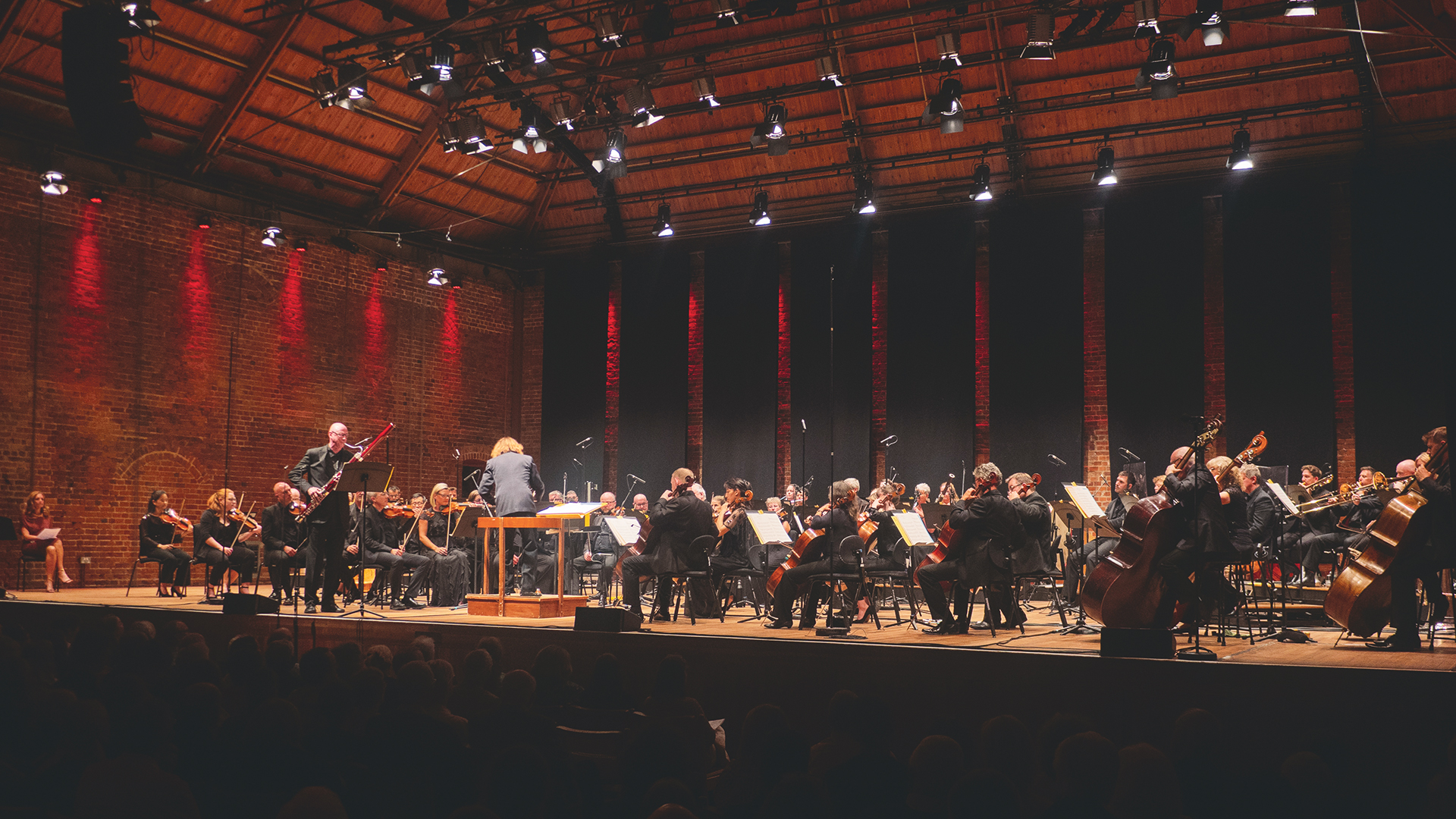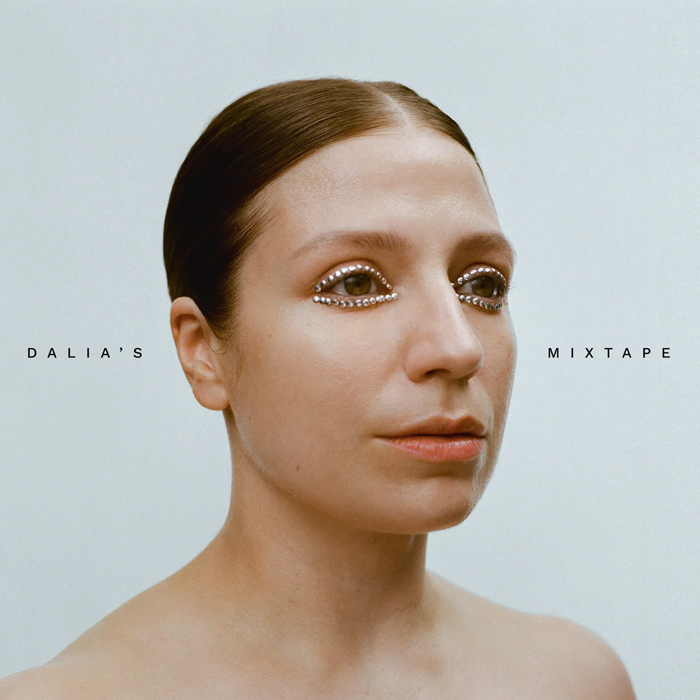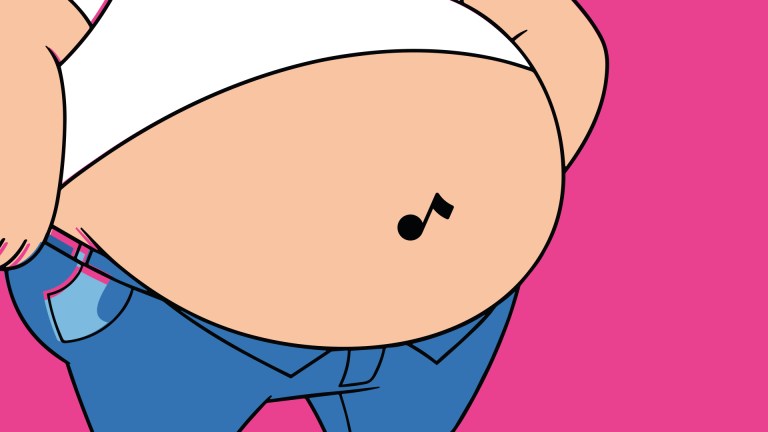The sinuous saxophone solo stretches across the BBC Concert Orchestra, its toe-tapping refrain framed by a tinkling triangle accompaniment. Henry Mancini’s (1924-94) gift for melody and orchestral colour is distilled in this iconic music, with its instantly recognisable ‘dead ant, dead ant’ figure.
My official reason for taking up the saxophone as a teenager was that I had discovered swing and Glenn Miller. While this is true – and playing Pennsylvania 6-5000 in a big band remains a cherished memory – what I really wanted to learn to play was this, the Pink Panther theme tune. Aged 13, this seemed a particularly embarrassing justification (why I perceived 1940s hits such as Little Brown Jug as more respectable is unknown). Saxophonist Martin Williams’s recent Martini-worthy rendition at the Royal Albert Hall reignited that intense childhood admiration.
Get the latest news and insight into how the Big Issue magazine is made by signing up for the Inside Big Issue newsletter
Before John Williams wrote the Jaws theme and Hans Zimmer crafted the Pirates of the Caribbean melody, Mancini set the standard for screen soundtracks. As well as the Pink Panther theme, he’s best known for the score to Breakfast at Tiffany’s – including the song Moon River – but his growling bass lines and slinky lounge sounds are splashed across 20th-century TV shows and films. To celebrate the centenary of Mancini’s birth, the BBC Concert Orchestra and its new principal guest conductor Edwin Outwater presented a special concert, compered by Mel Giedroyc, due for broadcast on BBC Radio 2 on 13 October. (The Radio 3 live broadcast is available on BBC Sounds and the BBC Four broadcast will be on iPlayer for 12 months.)
It’s filled with feel-good music by Mancini and those he inspired, such as Burt Bacharach (What’s
New Pussycat?, sung by the charming Oliver Tompsett) and Sid Ramin (Music to Watch Girls By) to counteract the Moon River schmaltz. The theme from Peter Gunn – irresistible growling brass and piano-bar solo – is better known by millennials as the music that follows Bridget Jones as she shaves, waxes and polishes – fag in mouth – while intending to circulate (oozing intelligence) and introduce people with thoughtful details at an upcoming work event. By the time our heroine weighs up the pros and cons of what would become her namesake pants versus “genuinely tiny knickers”, Mancini’s grumbling ostinato is adorned with a guitar riff.
- Purists might baulk, but Sam Smith headlining BBC Proms opens a pathway to classical music
- Burt Bacharach: What the world needs now is a celebration of his best songs
Much of Mancini’s work falls into the category of ‘light music’, a dubiously named sub-genre of classical music that includes soundtracks and songs that were most popular in the 1950s-70s. The style flourished in part due to the BBC radio broadcasts – made possible due to the BBC orchestras and, inevitably, the BBC TV licence fee.










